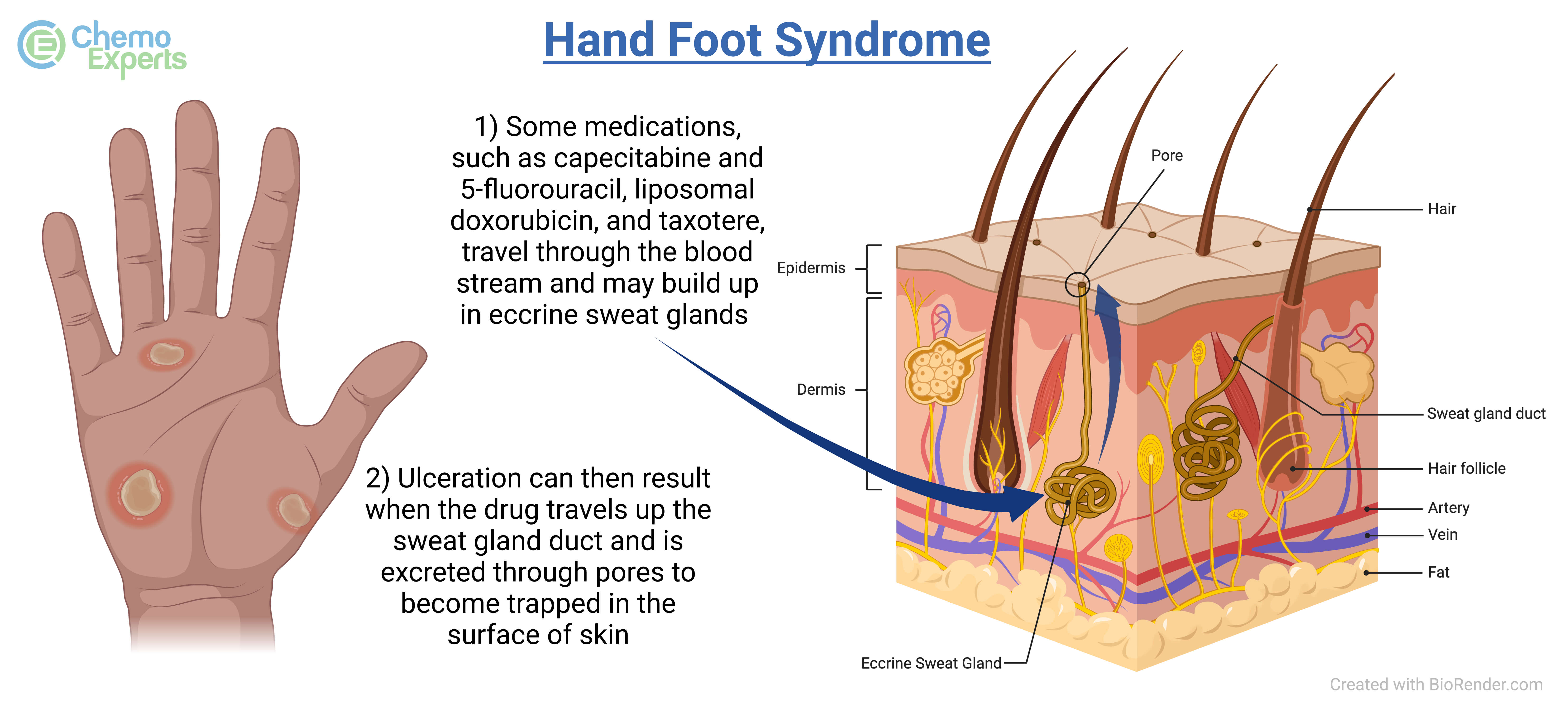How to Stop Sweaty Hands: Professional Dermatology Recommendations for Managing Excessive Sweating
How to Stop Sweaty Hands: Professional Dermatology Recommendations for Managing Excessive Sweating
Blog Article
Understanding the Origin of Excessive Sweating and Its Influence On Life
While it is generally recognized as a physical reaction to regulate body temperature, the triggers for too much sweating can differ commonly among people, including not only physical aspects however mental and also psychological aspects. By delving right into the origin causes of hyperhidrosis and discovering its diverse effects, a much deeper understanding of this prevalent issue can be obtained, dropping light on the complexities that people grappling with extreme sweating navigate on a day-to-day basis.
Physiology of Sweat Glands
The guideline of sweat production, a critical physical process, is mostly controlled by the task of sweat glands dispersed across the body. Sweat glands are classified into 2 primary kinds: eccrine and apocrine glands. Eccrine glands are the most numerous and are discovered in mostly all locations of the body. They play a vital duty in thermoregulation by secreting a watery liquid onto the skin's surface, which assists and vaporizes cool the body down. On the other hand, apocrine glands are focused in areas abundant in hair follicles, such as the underarms and groin, and their secretions are thicker and milklike in appearance.
When the body temperature increases, either as a result of exercise, high temperature levels, or psychological tension, the anxious system triggers the sweat glands to create sweat. This sweat is composed mostly of water and electrolytes like salt and chloride. The procedure of sweat production is necessary for maintaining the body's interior temperature level within a narrow, optimal array, highlighting the critical role sweat glands play in human physiology.
Triggers for Excessive Sweating
In recognizing the origin causes of excessive sweating, it is vital to recognize the triggers that can cause this physical feedback. Too much sweating, also recognized as hyperhidrosis, can be motivated by various aspects, both ecological and physical. One usual trigger is psychological tension or anxiety, which can boost the body's sweat glands to produce even more sweat than is necessary for cooling down. Physical physical effort, heats, and spicy foods are also known to trigger excessive sweating in individuals prone to this problem. In addition, particular medical conditions like hyperthyroidism, menopause, or diabetes can add to extreme sweating as well.
Moreover, medications such as some antidepressants, opioids, and particular supplements can likewise act as triggers for hyperhidrosis. Recognizing these triggers is vital in managing too much sweating efficiently - Sweaty hands treatment. By identifying and resolving the particular triggers that motivate excessive sweating in a specific, healthcare carriers can establish tailored treatment strategies to ease this problem and improve the individual's lifestyle
Medical Conditions Associated
Linked with excessive sweating are different clinical conditions that can intensify this physical response. One typical problem is hyperhidrosis, a disorder characterized by unusually raised sweating that exceeds the body's thermoregulatory requirements. This can show up in focal areas like the palms, soles, underarms, or face, affecting a person's lifestyle due to social humiliation and pain.
Additionally, endocrine conditions such as hyperthyroidism, diabetic issues, and menopausal warm flashes can also bring about excessive sweating. Hyperthyroidism causes an overproduction of thyroid hormones, accelerating metabolism and setting off sweating. Diabetes can induce sweating episodes, particularly during hypoglycemic episodes when blood sugar degrees go down as well reduced. Menopausal hot flashes, associated to hormonal fluctuations throughout menopause, can create intense and sudden sweating, often accompanied by flushing and heart palpitations.
Furthermore, infections like endocarditis, hiv, and consumption have been connected with night sweats, a common signs and symptom understood to disrupt rest and impact overall wellness. These medical problems highlight the diverse series of underlying aspects that can contribute to too much sweating, requiring comprehensive analysis and administration by healthcare experts.
Emotional and Mental Factors

Influence on Social Interactions
Too much sweating can have profound results on an individual's capability to involve conveniently in social communications. The visible indications of sweat stains or wet spots on clothing can cause embarrassment and self-consciousness, triggering people to withdraw from social circumstances. This withdrawal can influence relationships, limitation social tasks, and hinder individual and specialist development.

Moreover, the stress and anxiety and self-confidence concerns originating from too much sweating can affect communication and interpersonal skills. Individuals may have a hard time to concentrate on discussions, take part in team tasks, or share themselves with confidence. This can bring about sensations of seclusion and isolation, as social links come to be testing to keep.
Verdict

While it is generally recognized as a physical reaction to regulate body temperature level, the triggers for too much sweating can differ commonly among people, including not only physical factors yet emotional and likewise emotional elements. By diving into the root creates of hyperhidrosis and exploring its multifaceted results, a deeper understanding of this pervasive concern can be acquired, shedding light on the intricacies that individuals grappling with too much sweating browse on a daily basis.
Physical physical effort, high temperatures, and spicy foods are also recognized to set off too much sweating in individuals prone to this problem. By identifying and resolving the certain triggers that prompt extreme sweating in click for info an individual, medical care companies can create individualized therapy plans to alleviate this condition and boost the individual's top quality of life.
Excessive sweating can have extensive results on an individual's ability to involve comfortably in social communications.
Report this page